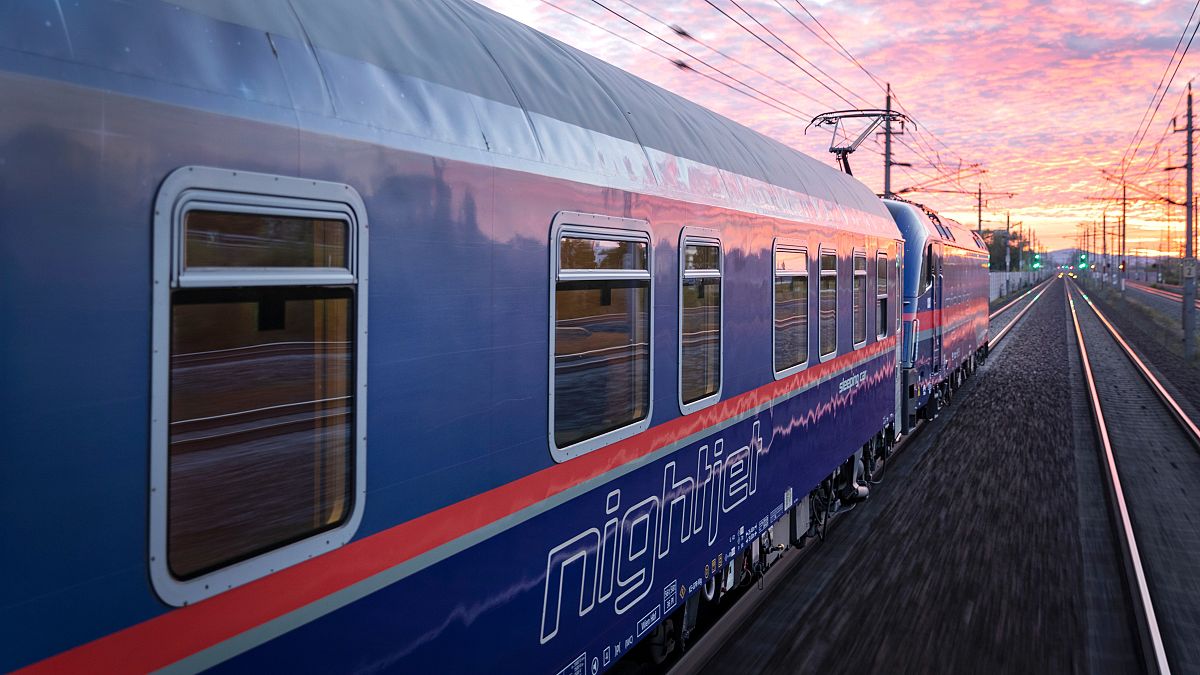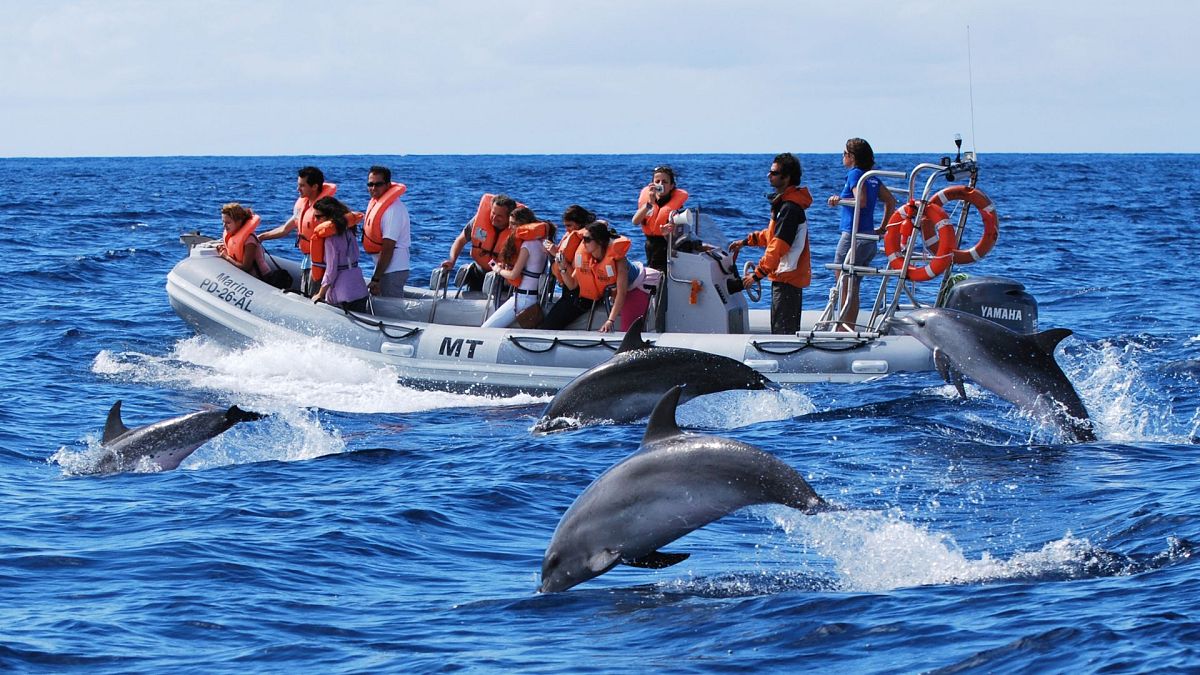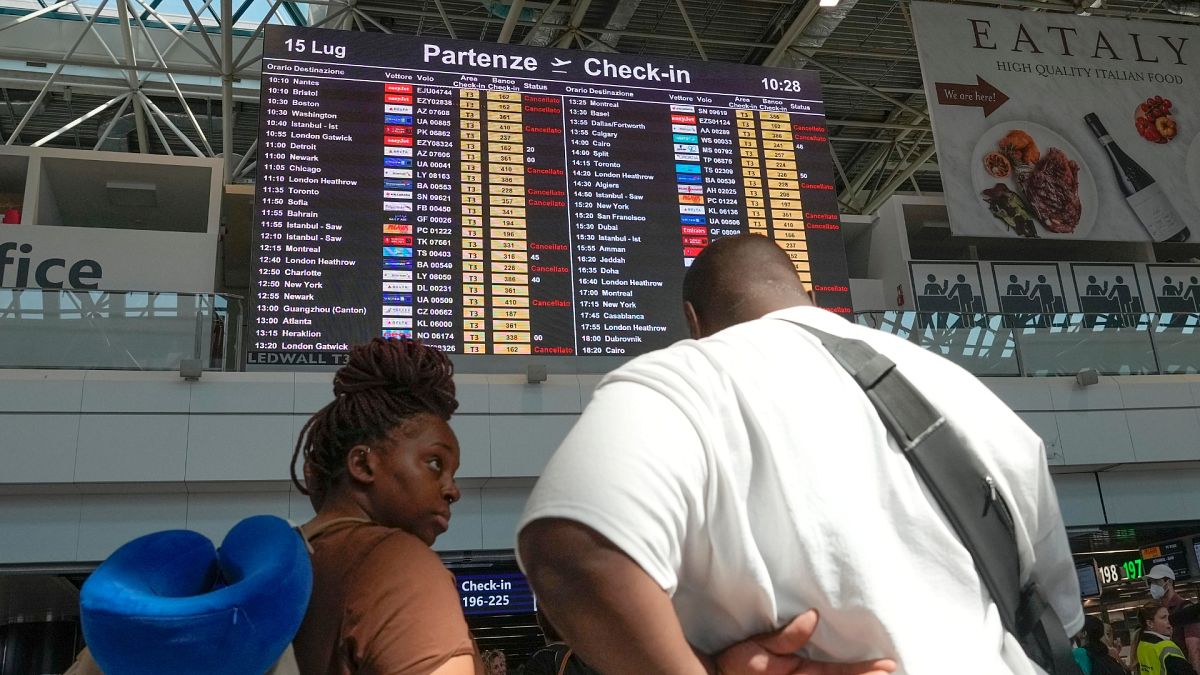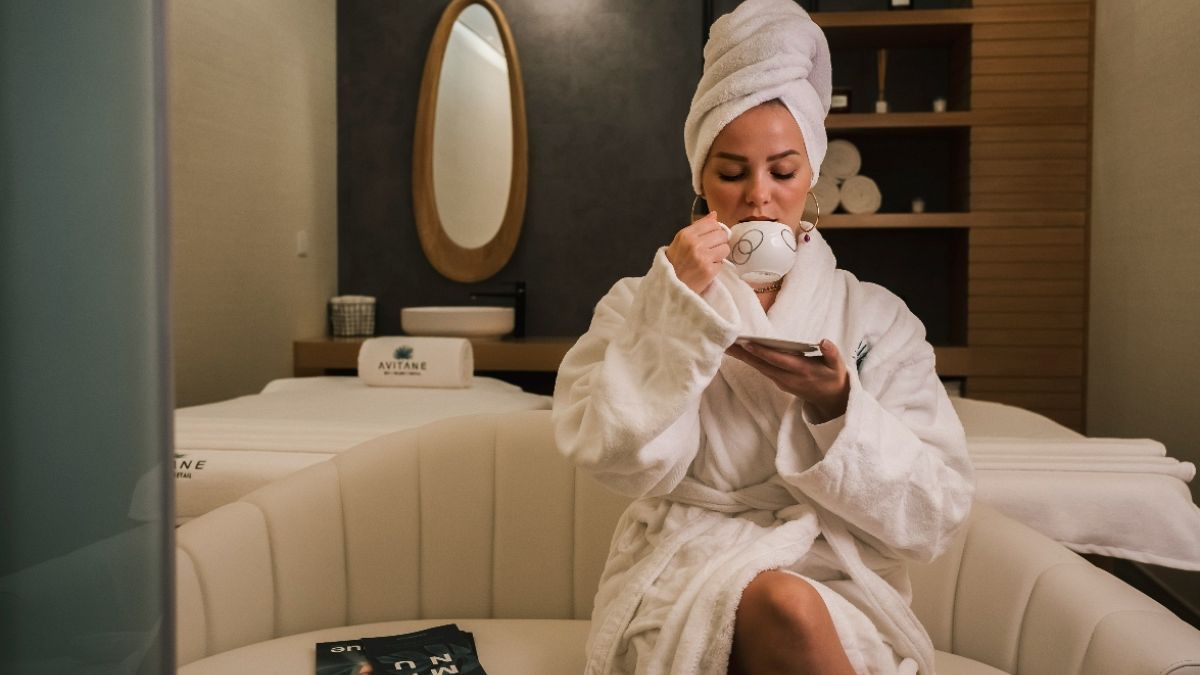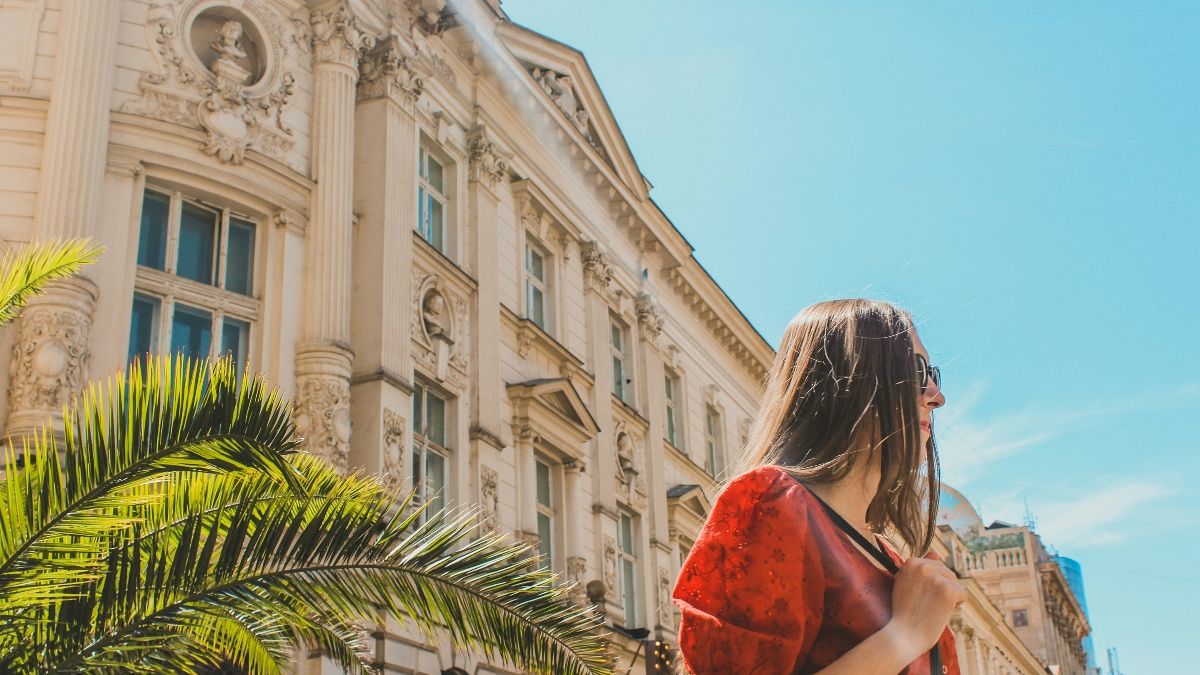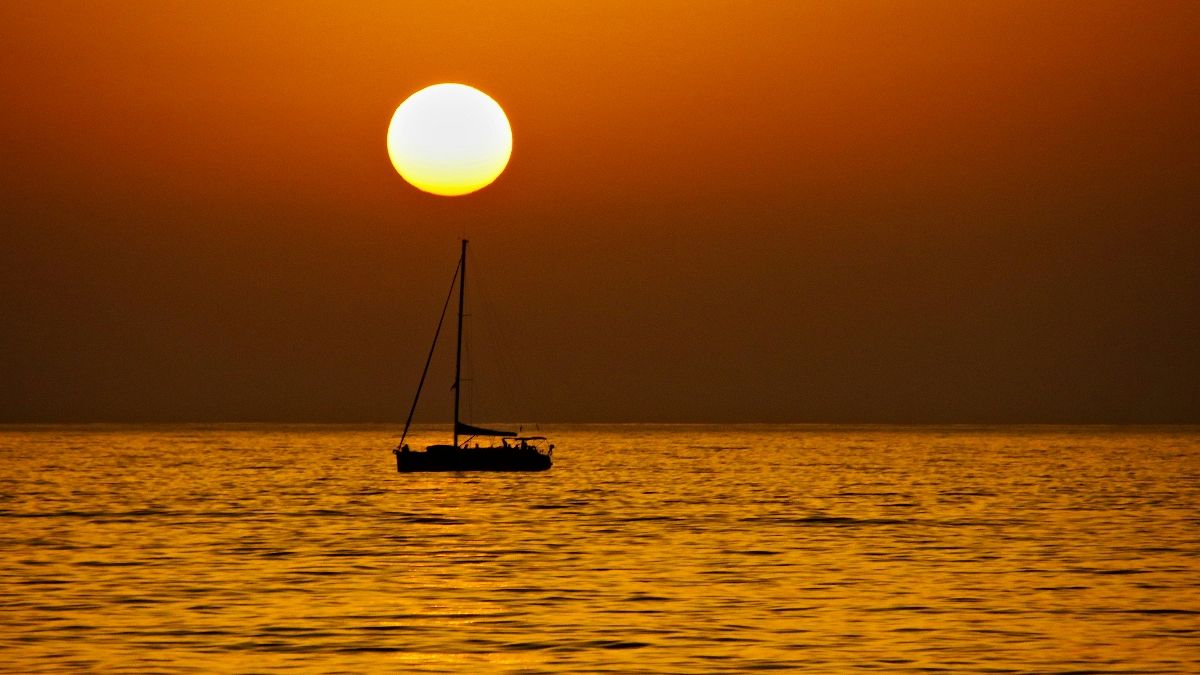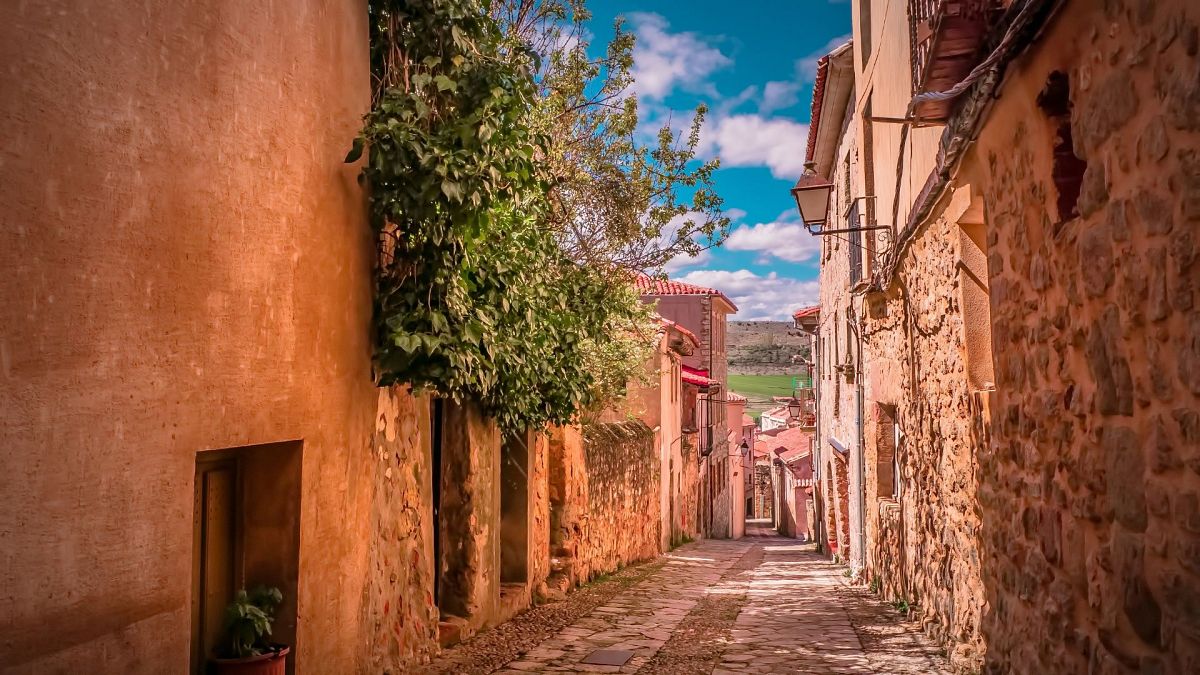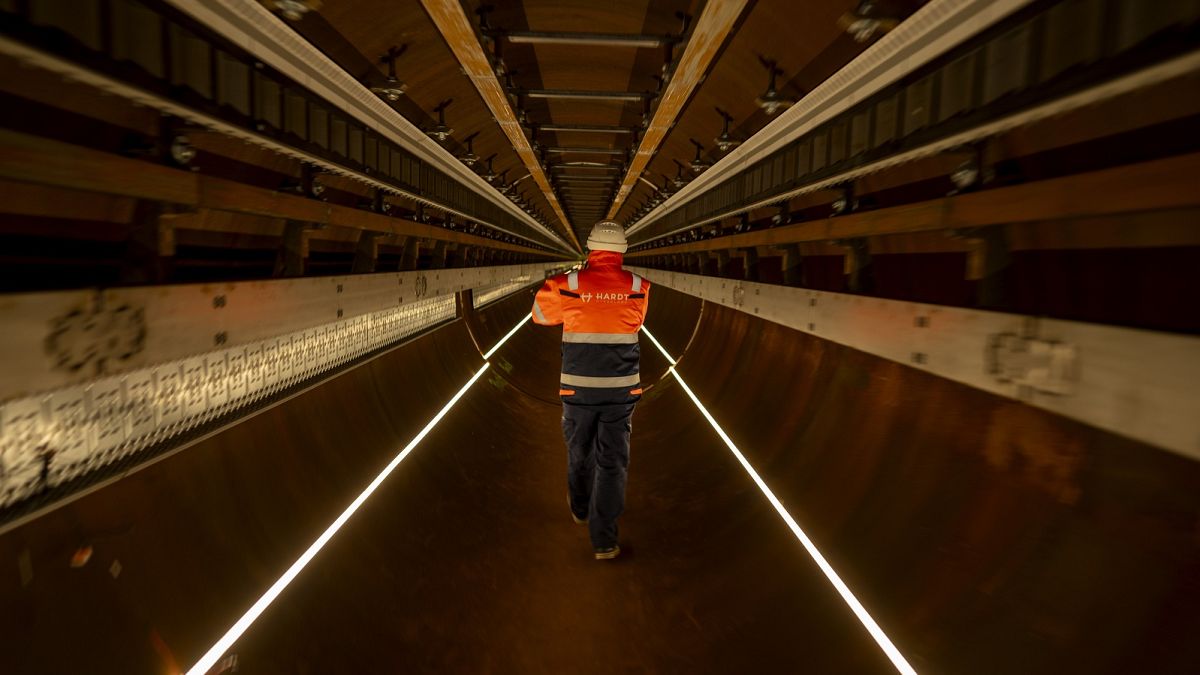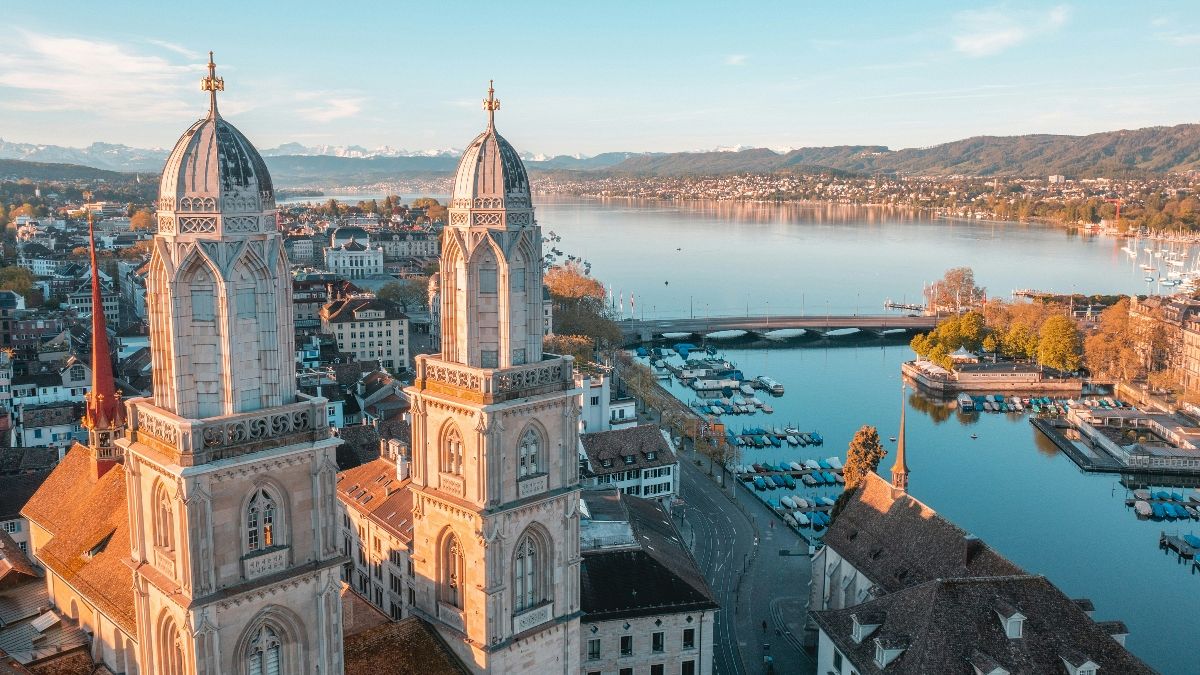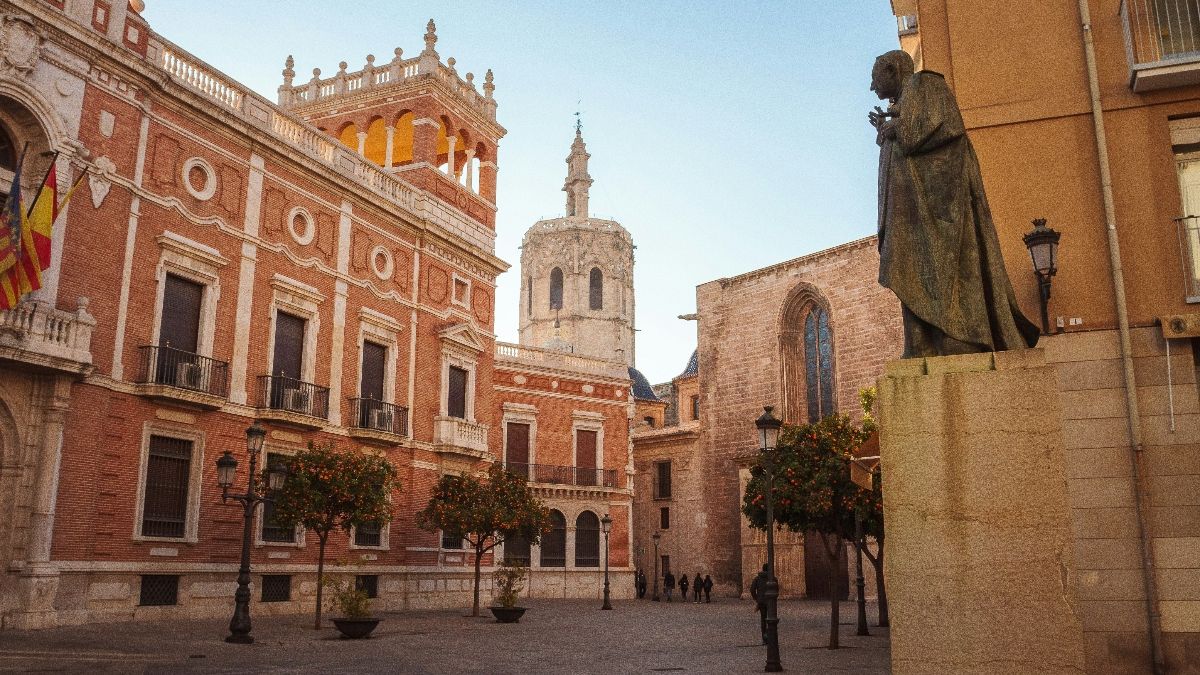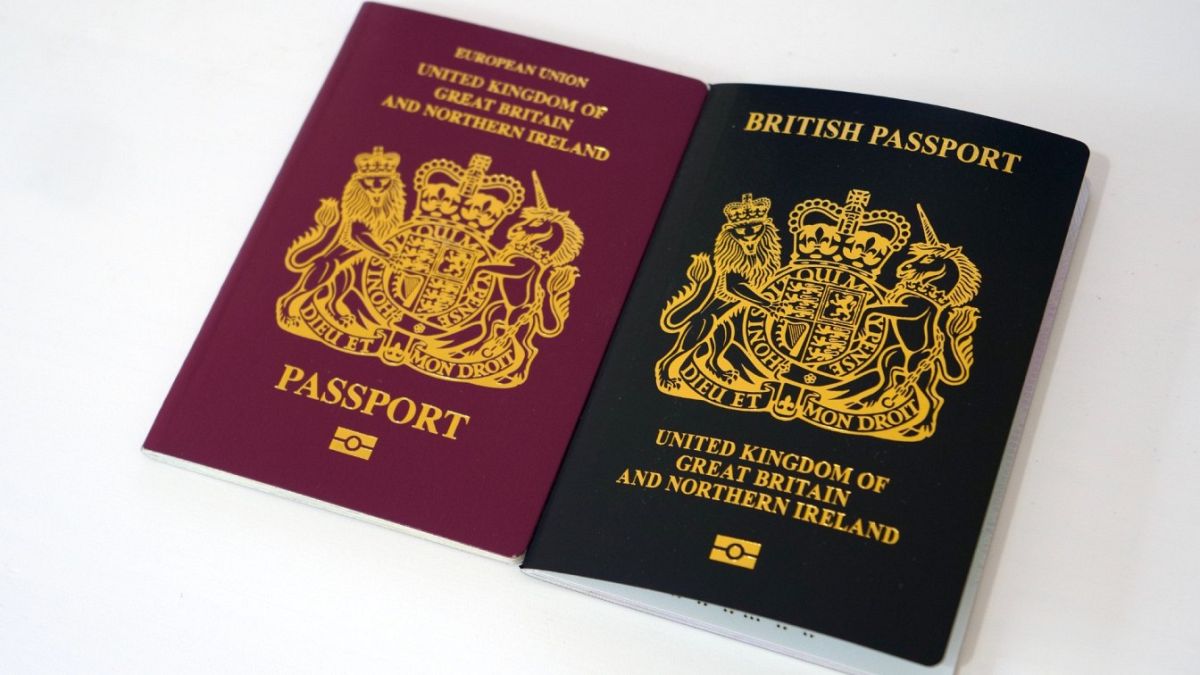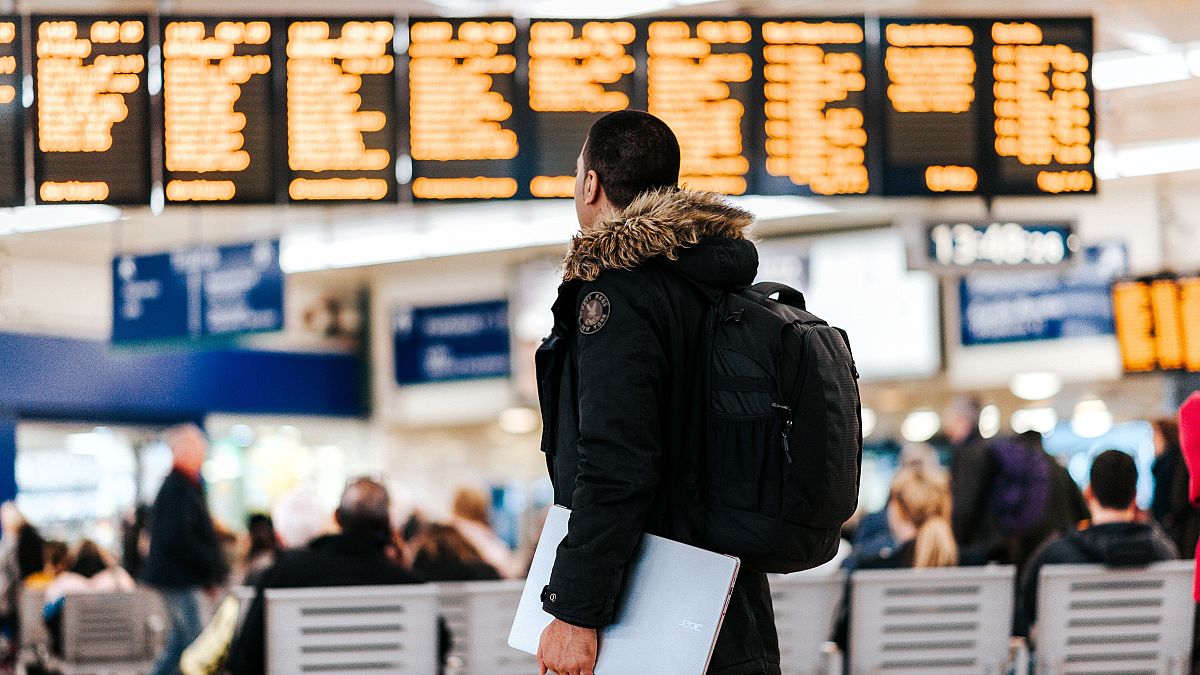Conservation meets luxury at this South African safari destination
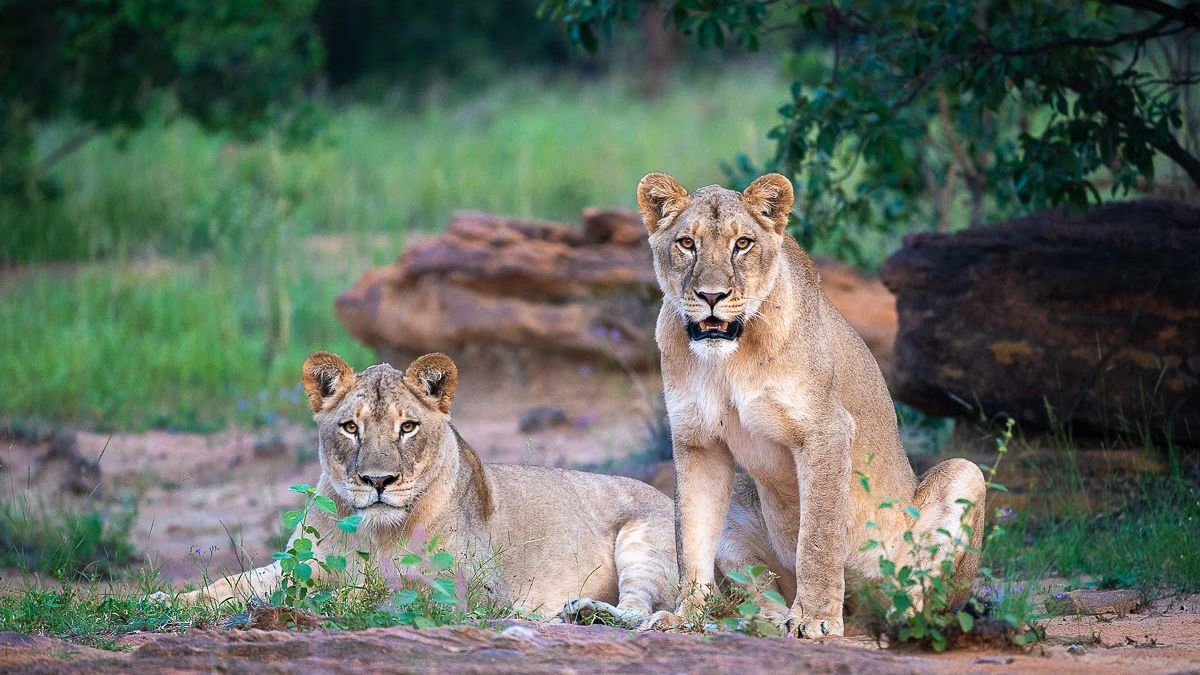
Lepogo Lodges in South Africa offer luxury safaris – so far, so normal – but are also serious about protecting the surrounding wilderness for generations to come.
For many of us, safaris conjure up ideas of luxury, exclusivity and owners paying no mind to sustainability.
While that is sometimes the case, Lepogo Lodges operate in a very different manner.
In South Africa’s Lapalala Wilderness Reserve, this particular safari destination certainly offers a luxury experience, but it also gives back, too.
At the forefront of sustainable tourism, the brains behind Lepogo set it up with a very different kind of safari lodge in mind – one that operates off-grid, embraces sustainable technologies and contributes to the surrounding land and nearby communities.
To learn more about the conservation legacy Lepogo’s owners are continuing to create, Euronews Travel spoke to company operations director Kate Hughes, whose family set up the venture.
How did Lepogo Lodges come about?
“Lepogo Lodges was born from a desire to leave a conservation legacy, protecting endangered animals and land for future generations. Having pledged to be not-for-profit to enable this, we purposefully set our lodges to be a testament to luxury and sustainability,” Kate explains.
From the off, the team ensured that there would never be any more than three commercial lodges in the entire 50,000 hectare Lapalala reserve. That was not just to protect the natural infrastructure but also to offer guests a tranquil experience, a world away from the typical crowded safari experience.
Lepogo’s sustainability pledge has been in place from the time it first opened its doors in 2019.
That year, Noka Camp was the first lodge launched. It consists of five stilted villas perched atop a 30 metre-high cliff, with stunning views of the winding Palala River below.
In January 2024, Melote House – the second property – was unveiled.
Inspired by the rock formations of the region, it features living roofs that small animals can graze on as well as design which blends seamlessly into its natural surroundings.
Both lodges have remained off-grid and each visitor has their carbon journey offset – from the moment they leave their home to the minute they return. It is something Hughes believes is a first among properties in Africa.
The carbon offset figure is converted into a monetary value which is then donated by Lepogo to one of three local conservation or community projects, chosen by each individual guest.
One of their most successful – and environmentally beneficial projects – is the Community Stove Programme. Local communities are provided with stoves which not only improves nutrition but can also save each household eight tonnes of wood per year.
How has Lepogo maintained its sustainable ethos?
“We are also deeply committed to community engagement and education through our partnership with the Lapalala Wilderness School and we prioritise supporting the local community above all else,” Hughes tells Euronews Travel.
Part of that aim was Lepogo’s intention to operate as a not-for-profit venture right from the beginning.
“This allowed us to align our mission with our core values of conservation, community empowerment and sustainable tourism,” she explains.
“Through adopting a non-profit model, we reinvest all profits back into our conservation efforts and wildlife protection initiatives, ensuring a positive impact and enduring legacy for the future of the surrounding Lapalala Wilderness and its community.”
Conservation of endangered species for the future is also a significant part of Lepogo’s mission. In 2019, they supported the Lapalala Wilderness with a cheetah reintroduction.
Lepogo is inextricably linked with cheetahs, not least because the name ‘Lepogo’ derives from the Sotho word for the animal.
“Preserving the cheetah is at the heart of Lepogo Lodges,” Hughes says, “Land’s fastest animal, cheetahs are considered a cherished emblem of Africa’s wildlife heritage but are facing numerous challenges in the world which, tragically, makes them highly endangered by human activity.”
At its core, she explains, the “conservation legacy is deeply rooted in our commitment to safeguarding Africa’s precious wildlife and habitats for future generations.”
As well as their work with cheetahs, Hughes and the team strive to make a lasting impact on biodiversity conservation and ecosystem restoration.
They are using anti-poaching tactics and habitat restoration programmes to ensure animals including the African wild dog, cheetah, buffalo and black rhino can not just survive but also thrive within the reserve.
How does Lepogo give back to the local community?
“The majority of our workforce is hired from the local community,” Hughes explains, “This deliberate choice stems from our belief in the importance of community empowerment and the recognition of the invaluable local knowledge and expertise that these individuals bring to Lepogo.”
Team members with local knowledge are able to enrich guests’ experience, with their unique insights into land, wildlife and cultural nuances.
The hiring process is of benefit to locals, too. “Hiring locally not only creates employment opportunities but also fosters a sense of ownership and pride within the community, strengthening our relationship and mutual commitment to the conservation and sustainable development of the region,” Hughes says.
The Lepogo team also sponsors many of their staff in their career progression and supports them in their studies to achieve the required qualifications needed to move forward in their working lives.
They work with residents in partnership with the Lapalala Wilderness School, too.
Established in 1981 by artist and conservationist Clive Walker and philanthropist Dale Parker, the centre was set up to teach children the importance of the environment and biodiversity. Much of the fresh produce served at the lodge comes straight from the School’s gardens.
It’s not just food which is sourced locally.
Kamatsogo Craft Art was founded in 2006 as an empowerment project for The Clive Walker Foundation. Since then, it’s continued to create employment opportunities and give women a purpose through the production, marketing and sales of hand-crafted products.
Their current initiative, ‘changing lives stitch by stitch’, sees these products for sale in the lodge’s shop.
Local women also handcraft bed mats and placemats used at Lepogo, with placemats made from the Palala palm, plucked from the river flowing beneath the lodge. The nearby Timola community creates room spray and amenities for the shop.
Why visit Lepogo Lodges over other alternatives?
“Many visitors appreciate the opportunity to experience South Africa’s natural beauty while knowing their stay directly contributes to meaningful conservation efforts,” Hughes says.
“Additionally, our guests also seek out Lepogo Lodges for the exceptional luxury and hospitality we provide which extends beyond our beautifully designed accommodation offerings”.
“By choosing Lapalala, we aim to not only provide guests with an unparalleled safari experience but also contribute to the long-term sustainability and preservation of this remarkable wilderness area,” she adds.
Source: Euro News


